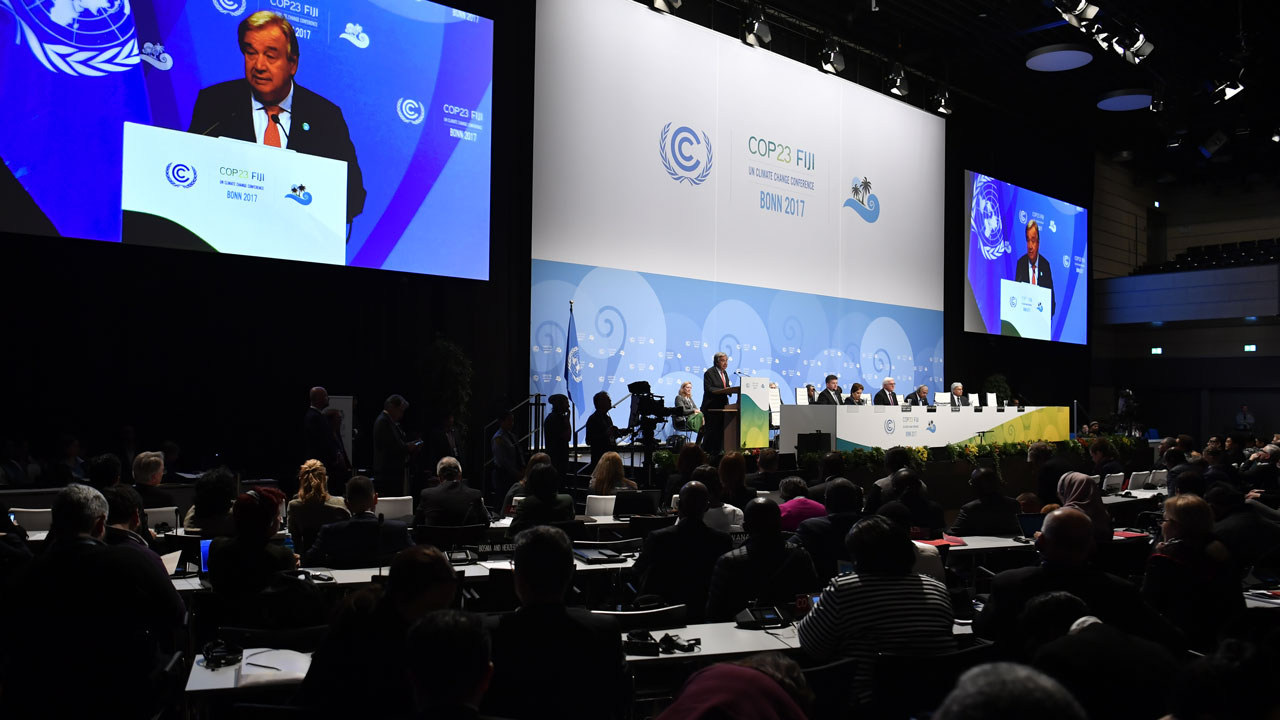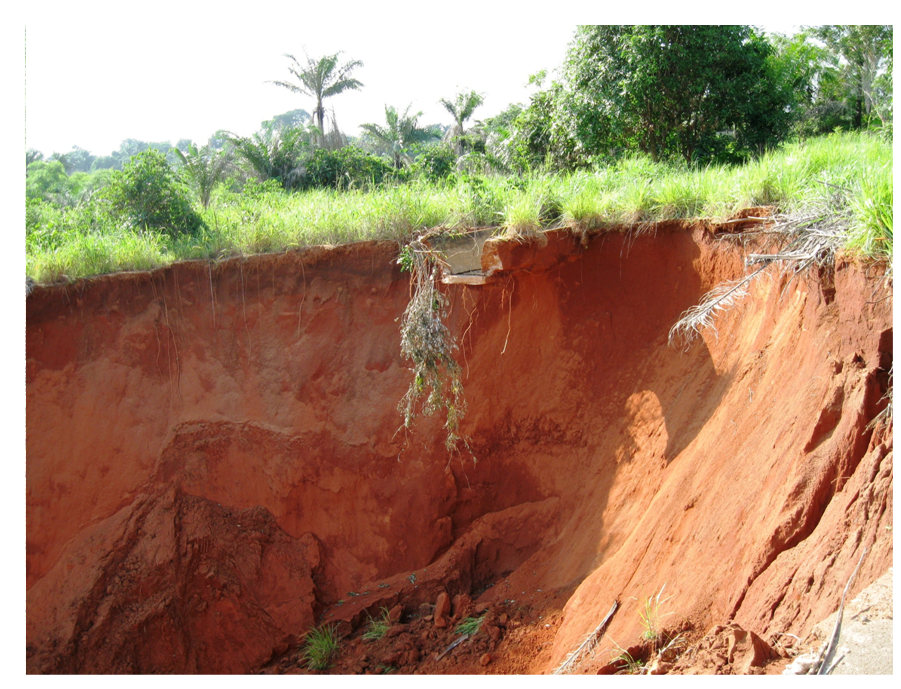Nigeria, 189 Countries Agree To Scaled Up Climate Action
After two weeks of negotiations, Nigeria and other nations have agreed to launch the next steps toward higher climate action ambition before 2020.
The decision was reached at the close of the annual UN climate conference held in the German city of Bonn at the weekend.
Backed by a wide range of positive announcements from governments, cities, states, regions, companies and civil society, delegates from over 190 countries agreed to a 12-month engagement focusing on: ‘Where are we? Where do we want to go? And how do we get there?’
The ‘Talanoa Dialogue’, inspired by the Pacific concept of constructive discussion, debate and storytelling, will set the stage in Poland in 2018 for the revising upward of national climate action plans needed to put the world on track to meet pre-2020 ambition and the long-term goals of the two-year-old Paris Agreement.
With so many climate action pledges and initiatives, a further strong message from all sides at the 23rd Conference of Parties (COP23) was the growing need to coordinate efforts across policy, planning and investment, to ensure that every cent invested and every minute of work contributed results in a much greater impact and boosts ambition under the national climate plans.
Countries welcomed progress but also urged greater efforts to deliver the agreed $100 billion per year by 2020 for support to developing countries to take climate action. The target for adaptation funding this year was $80 million. But funding announcements including by Germany and Italy exceed this by over $13 million taking the total to $93.3 million.
Among the outcomes are historic political breakthroughs in respect to agriculture that may lead to a faster and more coordinated response by nations to address a sector that is the second biggest emitter after energy. The Government of Norway, multinational company Unilever, and other partners also announced a $400 million fund to support more efficient agriculture, smallholder farmers and sustainable forest management.
The Bonn-Fiji Commitment was made, a commitment to action adopted by over 300 local and regional leaders to deliver the Paris Agreement at all levels, supported with 20 initiatives including those focusing on Africa, islands, post-industrial cities and climate reporting standards.
The Paris Agreement’s central goal is keep the global average temperature rise below 2 Celsius and as close as possible to 1.5. The lower limit is deemed crucial for survival by many small islands and vulnerable countries.
Over one degree of this rise has already occurred since pre-industrial times. The current set of national climate action plans, known as National Determined Commitments (NDCs), are still heading for a path towards 3 Celsius, possibly more.
Executive Secretary of the UN Climate Change secretariat, Patricia Espinosa, which hosted the conference with support from the Government of Germany, said: “The conference has, with the adoption of the Talanoa Dialogue, delivered a launch-pad that can take us to that next stage of higher ambition. It has also advanced the implementation guidelines of the Paris Agreement so that by 2018 it can truly support sustained international cooperation and national efforts to realise a more secure, prosperous and better world for all.
“But Bonn 2017 did more than that. It underlined that support for the Paris agreement is strong and that the journey upon which the world has embarked is an unstoppable movement supported by all sectors of society, across all parts of the globe.”




